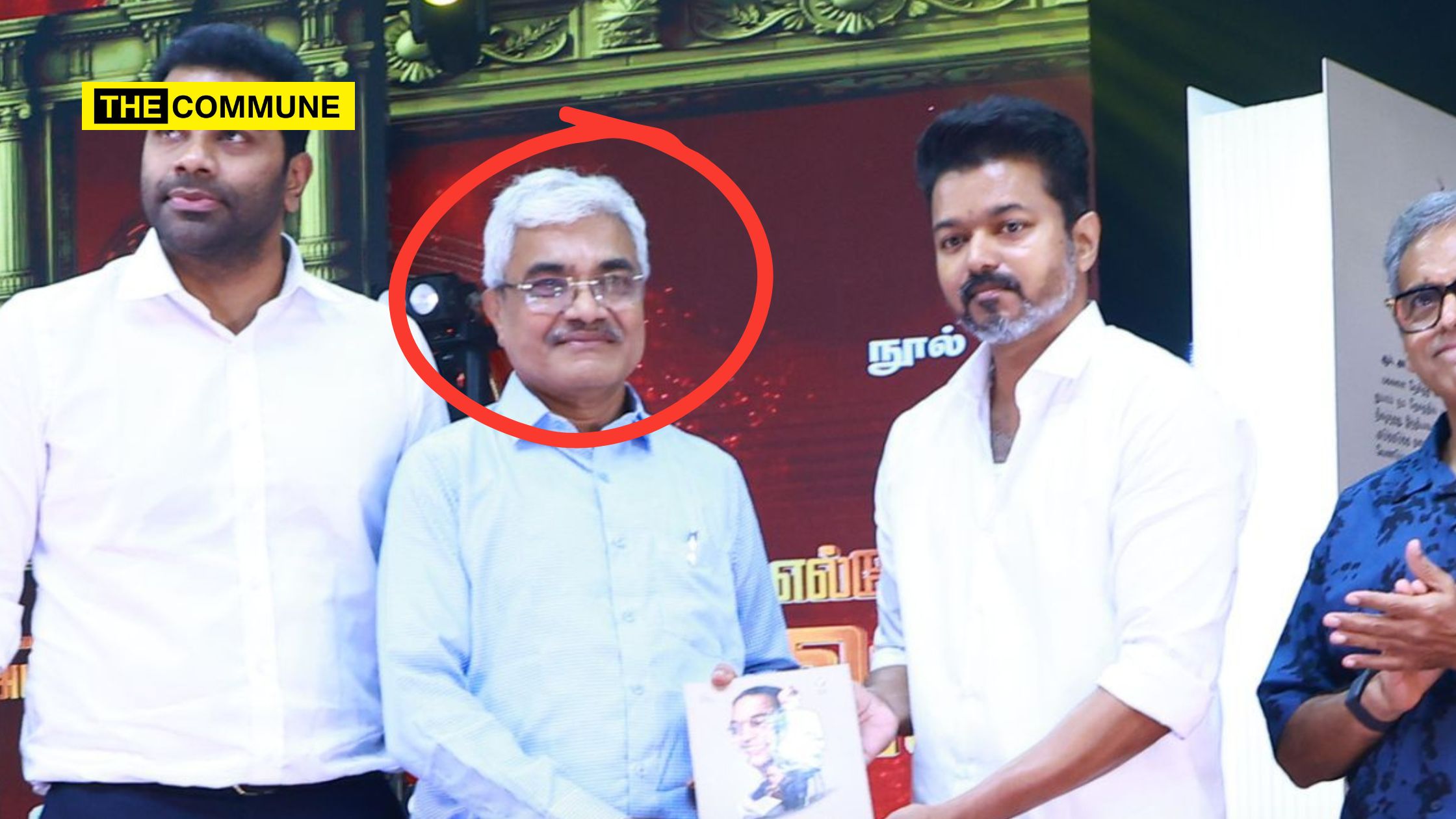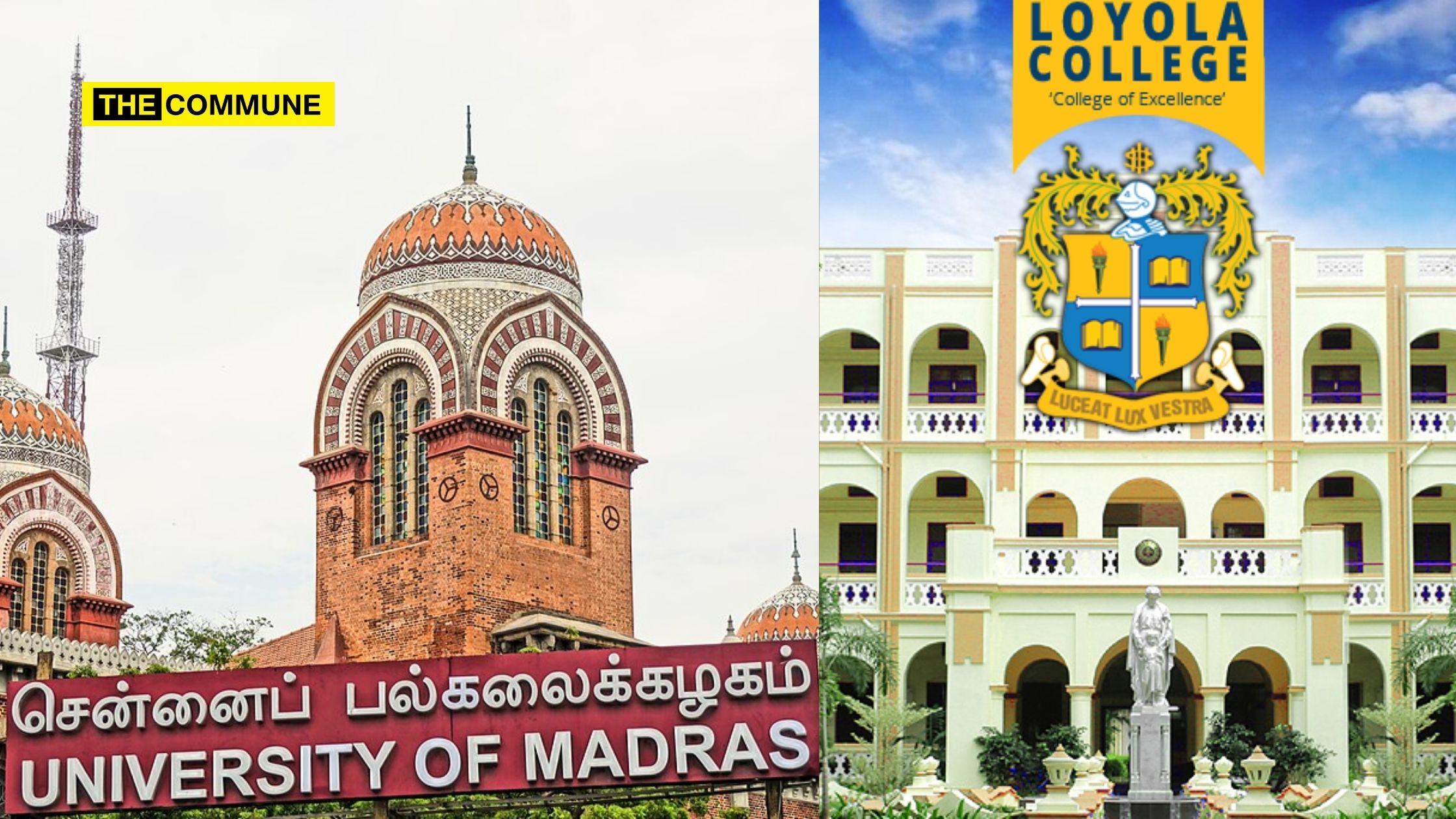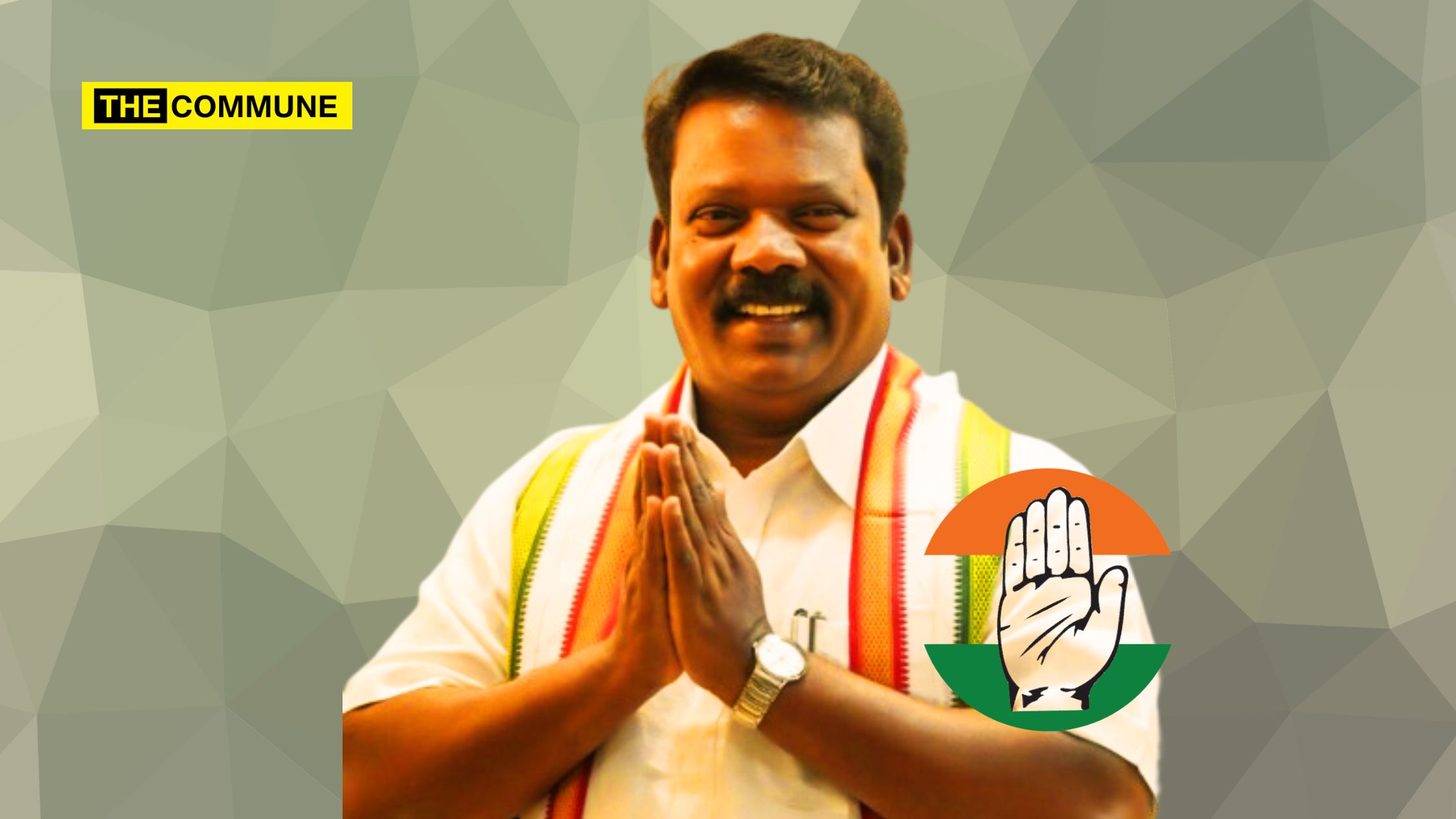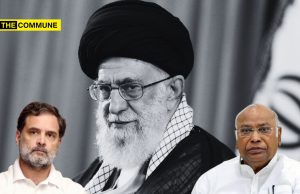
Against the backdrop of Tamil Nadu BJP president K Annamalai criticizing the organizers of the “Ambedkar: A Leader for All” book launch event on 8 December 2024 for inviting Anand Teltumbde—whom he described as an “Urban Naxal”—the incident sparked widespread discussion on social media, with users scrutinizing the allegations against Teltumbde.
Annamalai questioned the rationale behind including Teltumbde in the event and strongly condemned the event, led by VCK Deputy General Secretary Adhav Arjuna and called “Naxal political infiltration” in Tamil Nadu. He also criticized the Vikatan group, which co-organized the event, for enabling such participation. Annamalai highlighted that Anand Teltumbde’s brother was one of the 22 Naxals killed in a 2021 encounter in Maharashtra. Additionally, he pointed out that Anand is currently out on bail from the Supreme Court for his alleged role in the Bhima Koregaon violence and for inciting unrest.
The allegations, including Teltumbde’s connection to the 2018 Bhima Koregaon violence and an alleged Maoist plot to assassinate Prime Minister Narendra Modi, have been corroborated. However, Dravidian stocks and media outlets closely aligned with the ruling DMK government attempted to deflect criticism by portraying Teltumbde as a grandson of Dr BR Ambedkar—a claim that has been proven false.
Who Is Anand Teltumbde?
Anand Teltumbde is a management professional, writer, civil rights activist, and academic who teaches management at the Goa Institute of Management. He is married to Rama Ambedkar, the granddaughter of Dr. B.R. Ambedkar, and regularly contributes articles to various media outlets.
Teltumbde came under public scrutiny following allegations of involvement in the Elgar Parishad-Bhima Koregaon violence in January 2018. On 2 February 2019, Pune Police arrested him, along with others extremist such as Fr. Stan Swamy, for alleged links to Maoist groups. The investigation, initially led by Pune Police for two years, was handed over to the National Investigation Agency (NIA) in January 2021. The NIA claimed to have found incriminating documents on devices belonging to the accused, which reportedly connected them to the banned CPI(M) organization.
The Elgar Parishad-Bhima Koregaon Connection
The case revolves around an event called ‘Elgar Parishad‘ held on 31 December 2017 at Shaniwar Wada in Pune. The next day, on 1 January 2018, large-scale violence erupted at Bhima Koregaon, where thousands of Dalits had gathered to commemorate the 200th anniversary of their victory against the Peshwas in the Battle of Bhima Koregaon in 1818.
An FIR filed on 8 January 2019 accused the event’s organizers of using it as a front for Maoist activity. The police alleged that the activists involved were members of banned organizations and had incited violence.
Teltumbde’s arrest was based on accusations that his name appeared as a convener in a booklet titled ‘Bhima Koregaon Shauryadin Prerana Abhiyan,’ published before the 31 December event. In July 2021, a special NIA court denied him bail, citing the credibility of the allegations and his purported association with the banned group. The court found the claims against Teltumbde neither “inherently improbable” nor “wholly unbelievable” and noted his alleged role in advancing the activities of the proscribed CPI(M).
Teltumbde was among several Maoist sympathizing activists accused in the case, including Sudha Bharadwaj, Stan Swamy, Rona Wilson, Surendra Gadling, Mahesh Raut, Shoma Sen, Arun Ferreira, Vernon Gonsalves, and Varavara Rao. These individuals faced charges for inflammatory speeches and alleged involvement with banned organizations. One of the accused, Stan Swamy, passed away in July 2021 while in custody, which further fueled public debate around the case and the treatment of those arrested under anti-terror laws.
Milind Teltumbde – Anand Teltumbde’s Brother
Milind Baburao Teltumbde was an Indian Maoist insurgent leader and a Central Committee member of the Communist Party of India (Maoist). He was the younger brother of Dalit activist and scholar Anand Teltumbde. Milind was killed in an encounter with Maharashtra Police in the Mardintola forest area of Gadchiroli district.
Milind Teltumbde joined the Naxalite movement in the 1980s, initially as an activist for the People’s War Group and a Akhil Maharashtra Kamgar Union member. Over the years, he rose through the ranks to become the secretary of the Maharashtra unit of the CPI (Maoist). Eventually, he was appointed to the party’s Central Committee. As the leader of the Maharashtra-Madhya Pradesh-Chhattisgarh zone, Milind played a key role in attempting to establish a safe “red corridor” for Maoist operations across the region.
According to law enforcement, Milind Teltumbde was a primary financier of the 2018 Bhima Koregaon violence, which saw widespread unrest and violence. He was also implicated in a total of 63 criminal cases. At the time of his death, there was a bounty of ₹50 lakh on his head.
In a 2020 chargesheet, the National Investigation Agency (NIA) named several extremists, including Anand Teltumbde, Gautam Navlakha, Hany Babu, Sagar Gorkhe, Ramesh Gaichor, Jyoti Jagtap, and Stan Swamy, accusing them of conspiring to advance the ideology of the left-wing extremist group CPI (Maoist). They were alleged to have incited violence, fostered hatred, and created dissatisfaction against the government and the establishment. Furthermore, they were charged with promoting enmity among groups based on religion, caste, and community.
In the same case, Milind Teltumbde, the younger brother of Anand Teltumbde, was named as an absconding accused. He was charged with organizing training camps to provide weapons training to members of the Maoist insurgency. The NIA asserted that Milind was influenced and guided by Anand to further the CPI (Maoist) activities, including expanding the movement to urban areas and promoting it internationally.
The chargesheet stated, “Milind, also known as Deepak, actively expanded the Maoist movement in urban regions with the support and guidance of his elder brother, Anand Teltumbde, on an international scale. Anand inspired Milind to join the CPI (Maoist) and engage in its activities.”
On 13 November 2021, Milind Teltumbde was among 26 Maoists killed during an encounter with Maharashtra Police in the Gadchiroli district. The operation took place in the Mardintola forest area and marked a significant blow to the Maoist insurgency in the region.
Dead Maoist Insurgent Leader Milind Teltumbde Drew Inspiration From His Brother Anand Teltumbde
Several shocking revelations came to light during the court proceedings for Anand Teltumbde’s bail application, filed by the National Investigation Agency (NIA) in Mumbai. The court considered the confession of Milind Teltumbde, a wanted Maoist insurgent and younger brother of Anand, in which he admitted that his elder brother had inspired him to advance the activities of the banned CPI(M) organization.
Justice Kothalikar, while rejecting Anand’s bail request, referenced Milind’s confession and stated, “The statement made by the wanted accused, that he was influenced by the applicant [Anand] to further the activities of a banned terrorist organization, is relevant. I find merit in the submission of the Special Public Prosecutor that the accused is the best person to testify about the influence on his conduct.”
A key witness in the case, who had close ties with Milind, testified that Milind frequently spoke about his brother, Anand Teltumbde, showing photographs of him and his family. This witness also recalled two separate trips to Bhopal with Milind, during which Milind mentioned meeting Anand. While there was no meeting during the first visit, Milind met with Anand on the second visit.
Another witness revealed that Milind frequently discussed the Elgar Parishad and Bhima Koregaon events and the role of urban CPI(M) members in using the platform to further their ideology. This witness also noted that Milind had organized events under the Sanyukta Morcha in urban areas to spread anti-government sentiments.
Further testimonies indicated that Milind had visited multiple urban areas such as Nagpur, Pune, Bhopal, and Indore, seeking his brother’s guidance in expanding the CPI(M) movement in both rural and urban areas. Milind reportedly received Maoist literature from Anand, who attended international conferences under the guise of academic trips. These conferences, which took place in countries like the Philippines, Peru, and Turkey, served as a cover for distributing materials on Maoist tactics, weapons, and recruitment strategies.
The Special Public Prosecutor argued that Anand brought back these materials, including literature and videos on Maoist ideology and strategies, from these international visits and used them to train CPI(M) cadres in secret meetings after receiving approval from the Central Committee.
Subscribe to our channels on Telegram, WhatsApp, and Instagram and get the best stories of the day delivered to you personally.




